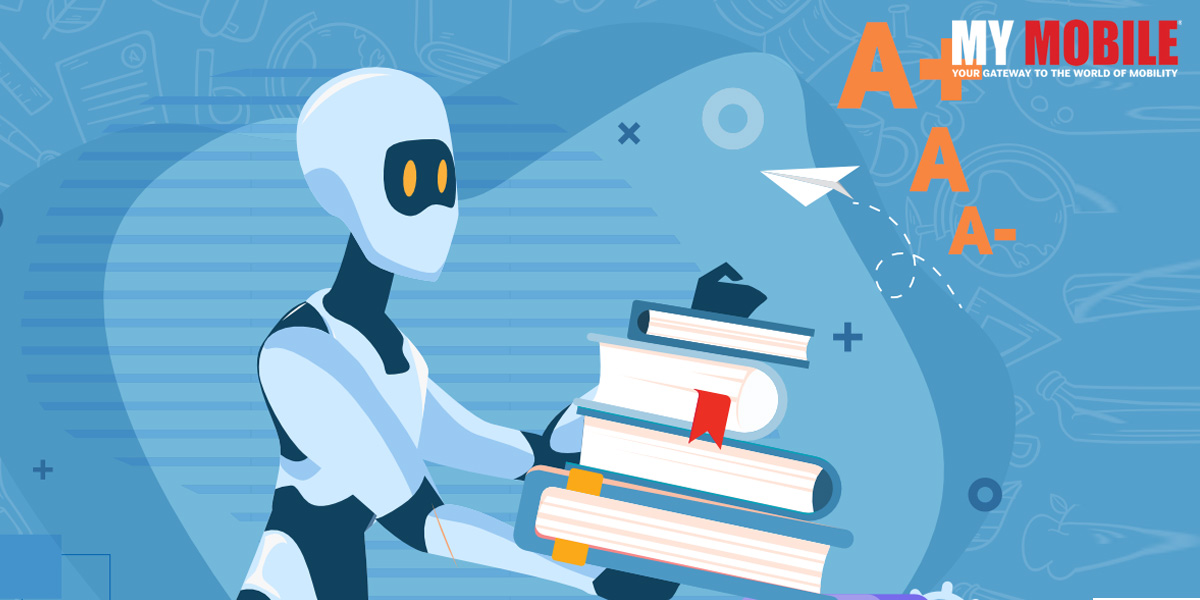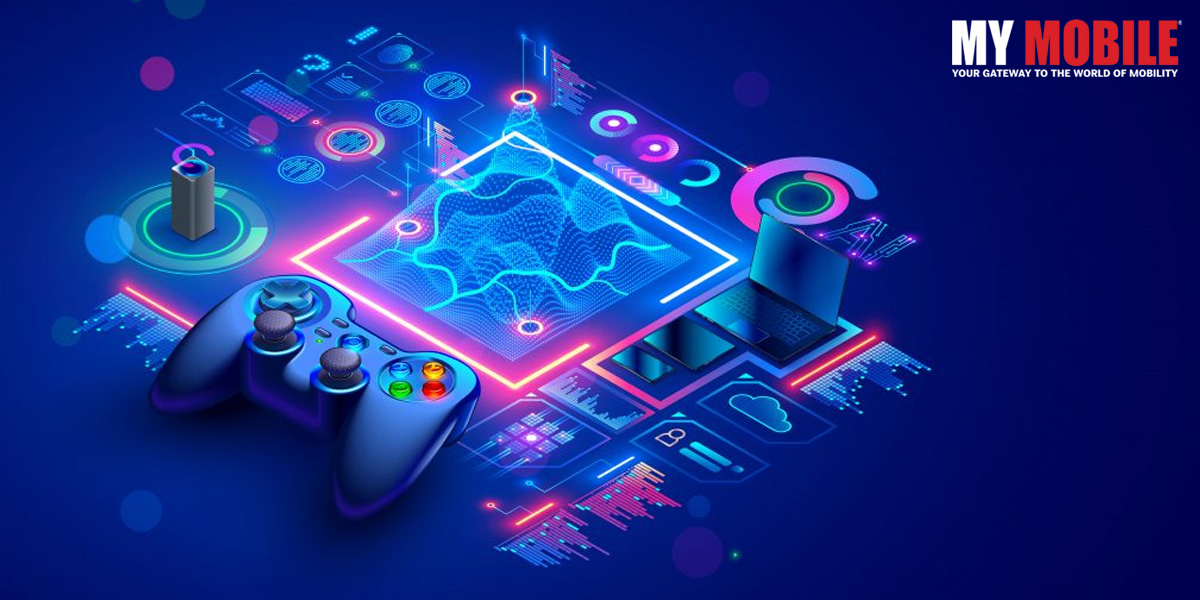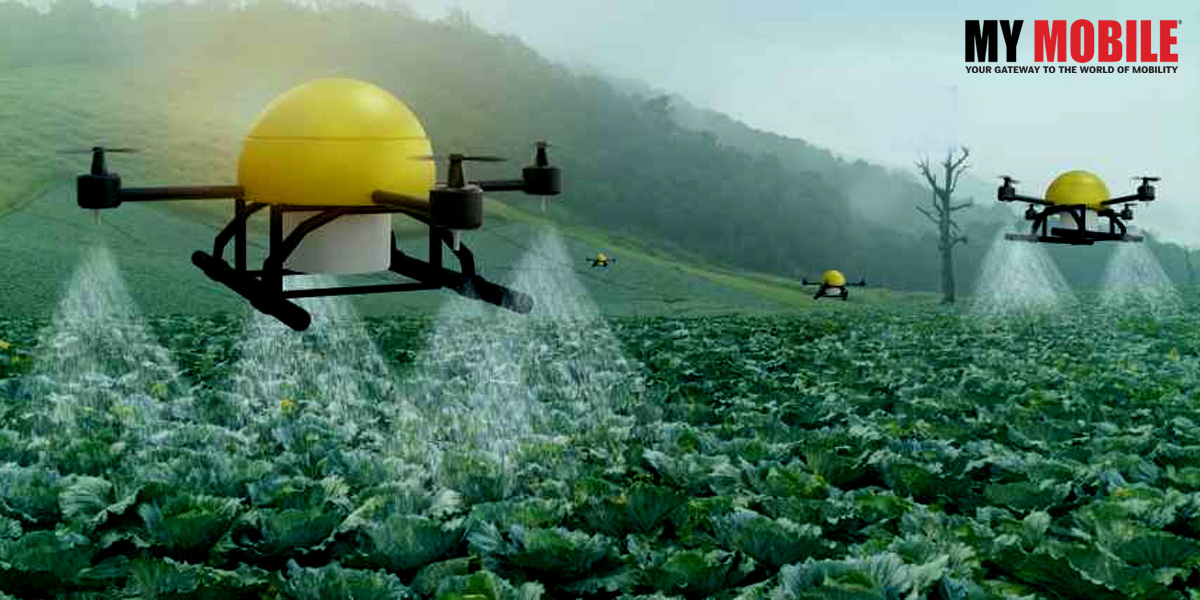“Some people call this artificial intelligence, but the reality is this technology will enhance us. So instead of artificial intelligence, I think we’ll augment our intelligence.”
—Ginni Rometty
The number of real-world applications for artificial intelligence (AI) is growing fast, and it’s easy to understand why. In the past few years, artificial intelligence has come to mean a lot of things. From self-driving cars to voice assistants, it seems like every day we hear about a new application for AI in our daily lives.
The real-world applications of artificial intelligence in various sectors are growing by the day. From the medical industry to education, and from retail to transportation, artificial intelligence is being used in all kinds of ways to make life easier.
And while most of us are familiar with various AI applications, it is interesting to note that there are still many aspects of AI that can be further explored in other industries. It will be fascinating to see new applications of AI as time goes on.
Let’s take a look at some of the most exciting real-world AI applications that are being used today.
Healthcare: Artificial intelligence is being used in hospitals across the globe to make diagnoses faster and more accurate than ever before. Machines can analyze MRI scans or read CT scans as well as any doctor could, which means patients get treatment faster and more efficiently than ever before.
Also Read: Artificial Intelligence Unit (AUI) Introduced by IBM
Doctors no longer need to spend hours pouring over medical records or long nights researching diseases; instead, they can use AI systems like IBM’s Watson Health platform to quickly find answers and deliver effective treatments without sacrificing quality care or personal relationships with their patients.
Automobile: The automobile industry has long been a leader in technology. From the early days of the mass-produced Model T and other cars that ushered in the age of car ownership to today’s self-driving Teslas and Google cars, it seems like every time you turn around there’s a new advancement being made. And now, artificial intelligence is changing things up again. With technology like this, cars are becoming smarter than ever before.
One of the most important ways that artificial intelligence will be used in automobiles is to improve driver safety and comfort. Artificial intelligence can help prevent accidents by analyzing data from sensors and cameras on vehicles, and then providing alerts to drivers who may be at risk of having an accident. AI can also adjust the settings of a car based on the driver’s preferences, which will allow people to drive in comfort even if they are fatigued or distracted by other tasks.
Surveillance: Artificial intelligence is a rapidly growing field that has the potential to transform many industries. Surveillance is one of these industries. It has the potential to make surveillance much more effective and to provide law enforcement with a better understanding of the data they have collected.
Also Read: Artificial Intelligence And Its Applications In The Real World?
AI can be used to identify faces, objects, or vehicles in an image. It can also be used to detect motion and track people as they move through an area. AI can also be used alongside other technologies like facial recognition and license plate readers to improve their accuracy.
Entertainment: One of the most important applications of AI in entertainment is the creation of digital avatars and assistants. These characters can be used to interact with people on social media or in games, or even serve as virtual assistants for companies or organizations. AI can also be used to create new forms of entertainment such as virtual reality games and simulations, or even computer-generated movies and music.
AI can be used to create more sophisticated video games, which can be played at home or online against other players around the world. AI can also help create more engaging movie experiences, by allowing viewers to choose what happens next in their own movies based on their preferences. In addition, AI can be used to provide audiences with more personalized recommendations about what they should watch next and how they should watch it.
Social Media: Artificial intelligence applications are increasingly being used in social media. In fact, they are being used on the majority of social media platforms. Another example where AI is being used in social media is through personalization algorithms which tailor content based on user preferences and behaviour patterns.
These algorithms can also be used to recommend new content based on what the user has already consumed before so as not to overwhelm them with too much information at once; this makes it easier for them to find what they are looking for more quickly without having to search through endless pages of posts or videos trying to locate something specific that interests them.
Education: Artificial intelligence (AI) is the future of education. As AI becomes more widely accepted and integrated into our everyday lives, schools will be able to take advantage of the technology to improve their services and make learning easier for students. Each student’s education is being personalized via the use of artificial intelligence.
With the use of the hyper-personalization concept, which is made possible by machine learning, AI technology is incorporated to create a unique learning profile for each individual student and create training materials that are specifically catered to their needs, taking into account the student’s preferred learning style, ability, and experience on an individual basis.

The AI-powered technologies improve educational institutions’ efficiency by lowering their operational expenses, offering, and facilities management. Many educational institutions may benefit substantially from using intelligent AI-powered systems since they would be more efficient, have lower running costs, have more visibility into their income and spending, and would be more responsive overall.
Also Read: What is Web 3 and Why is Web 3 Important?
Gaming: AI has made significant contributions to game development over the past decade, particularly in areas like graphics, sound effects, and artificial life. The goal of AI is to create a virtual environment that can respond to players’ actions and anticipate what they want next.
This allows video games to become increasingly immersive, which makes them more enjoyable for players who want a deeper experience than just playing against another person or computer-generated characters. The way in which b is implemented varies from game to game.
Some games feature AI that controls all aspects of gameplay—the player’s every action is dictated by some form of computer code. By using AI to create characters that are aware of their surroundings and respond accordingly, game designers can make their games more engaging and immersive for players.

E-Commerce: The business of e-commerce is booming, and AI is being used to help companies understand their customers better and create more personalized relationships with them. Artificial intelligence has been used in e-commerce in a variety of ways, from improving online shopping experiences and boosting sales to detecting fraudulent activity and providing more targeted advertising.
For example, AI can be used to predict what customers will buy next based on their past purchases and browsing history. By using data from past purchases, companies can also determine what products their customers are interested in so they can target them with ads that they are likely to respond to.
AI applications are also helping retailers make their websites more user-friendly by offering personalized recommendations based on the items that the shopper has already bought or browsed. It’s also making its way into e-commerce platforms, where it can help companies make better use of their data, improve customer service, and even stock products more efficiently.
Navigation: Artificial intelligence is one such technology that has been widely applied in navigation systems to make them more efficient and effective. The application of artificial intelligence in navigation can be traced back to at least the early 2000s when GPS was first introduced.
The development of GPS systems has been accompanied by a parallel development of AI algorithms that allow the systems to make better decisions about how to route drivers. Artificial intelligence allows the navigation system to learn from its mistakes and improve its performance over time. It also helps in identifying new routes that may be quicker or safer than existing ones, thus improving user experience.
More modern navigation systems use satellites to determine location and direction. These systems are able to track where you are at any given moment in time, which allows them to show you exactly how to get from one place to another.
This makes navigation much easier for travellers who have never been somewhere before because they no longer need maps or other tools they just need their device! One of the applications of AI in navigation is the way you might use Google Maps when driving somewhere new.
The app will give you directions based on your location and estimated time of arrival, but it doesn’t know what route you should take it just knows how long each one takes, so it can tell you which one will get you there fastest.
Agriculture: In agriculture, AI is being used to help farmers make better decisions, increase their productivity and reduce costs. AI can be used to help farmers make more accurate decisions about planting times, crop rotation, fertilizer use and other factors that affect yields.
It can also be used to analyze soil samples and predict when it is time to apply nutrients or pesticides. Farmers with access to weather forecasts can use AI to determine when conditions are best for planting specific crops and taking other steps toward successful farming.
Analyzing data from previous years can also help farmers make better decisions about pest control by predicting how pests will react to certain practices or treatments done during different seasons.

Lifestyle: Artificial intelligence is useful for everyday life, you can use it to do things like set reminders on your phone or search for information on google. This technology can also be used to improve your lifestyle by helping you make more informed decisions about your health and fitness.
One way that artificial intelligence can improve your lifestyle is by using it to track your fitness progress. This can be done by using an app that measures things like how much weight you’ve lost or how many steps you’ve taken each day. The app will then analyze this data and give you recommendations based on what it finds out about your habits and routines.
Another example of how AI can improve lifestyle is with smart homes. Smart homes are equipped with sensors that monitor everything from temperature to humidity levels so that homeowners can adjust their environment with just one touch on their phone or tablet.
Artificial intelligence has made unprecedented strides in recent years. Every sector imaginable is beginning to take notice, and A.I. solutions are entering everything from the political arena to the fast food industry. Despite all of this progress, though, there’s still plenty of room for additional A.I. applications among other industries that may not be as high profile or well known as others. Many of these solutions are still in their infancy, but they’re showing a lot of potential and promise to improve efficiency and reduce costs wherever they go.
Also Read: What is Robotics Process Automation (RPA)?
